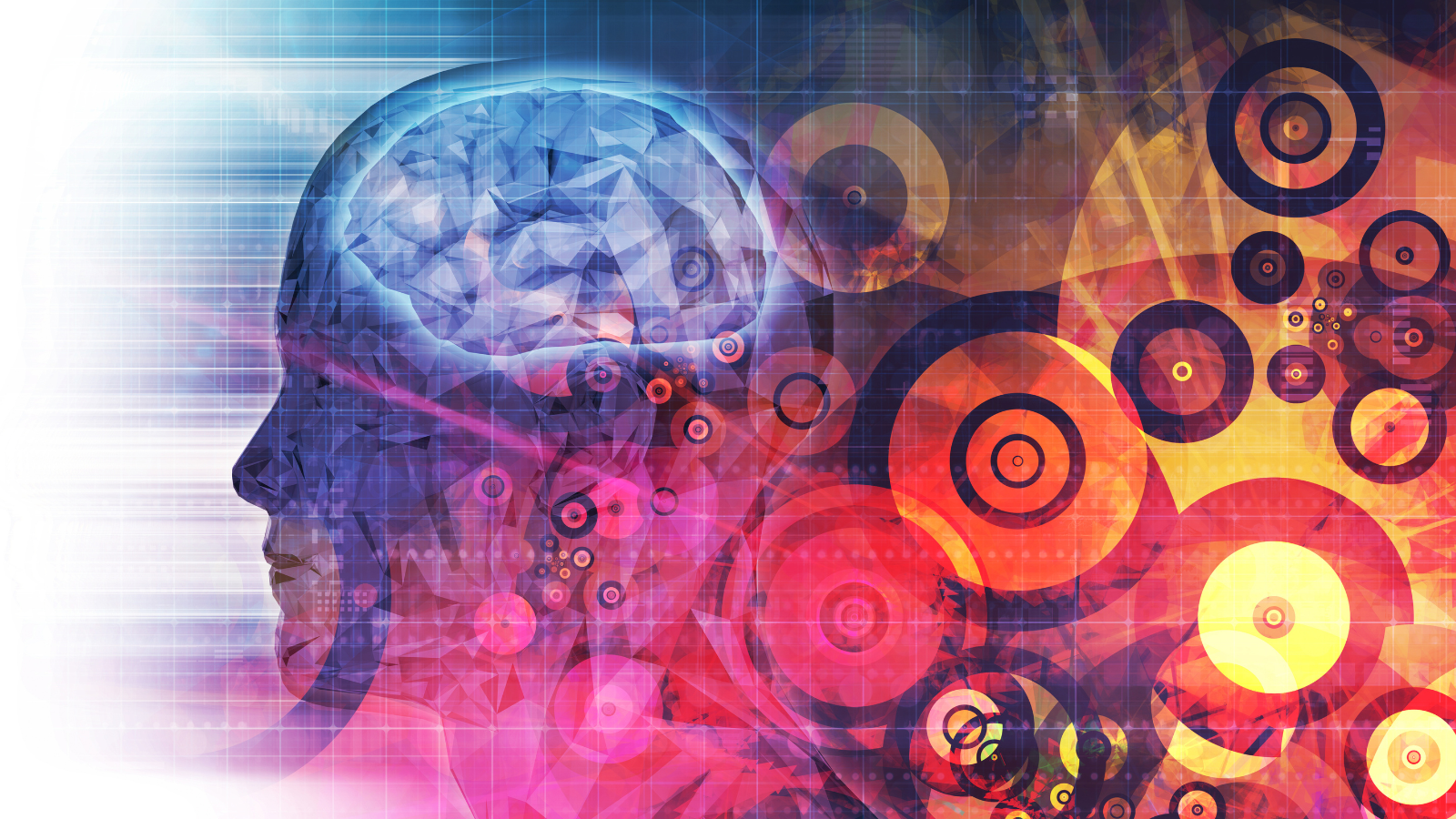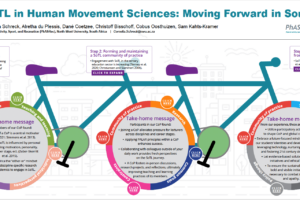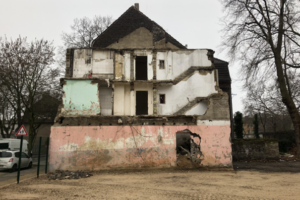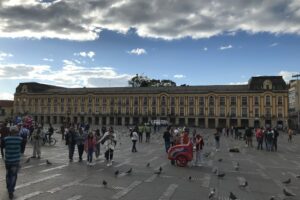
Scientist-Educators Develop and Assess Respect for Human Dignity: Our Ten-Year Journey and Invitation
By Lauren F. V. Scharff and Michelle A. Butler Samuels
Michelle and I embarked on a journey of discovery scholarship more than a decade ago. Our areas of disciplinary expertise focus on brain science and perception, but we stretched our horizons by exploring the development and assessment of respect for human dignity (RFHD). Prior to our research journey, we both had incorporated field trips and service learning into courses to enhance students’ understanding of the content material and its relevance in the “real world.” Field trips included empathy-building activities and interactions with different types of others who had sensory deficits or brain/spinal cord injuries. Time and again we noticed impacts beyond academic learning—mental models positively shifted and world views changed.
“The experience made me grateful for what I have now . . . The patients there did a great job at looking towards the brighter things in life, which is very humbling. If I were to visit again, I would be less hesitant and very excited to learn more from them.”
“I believe people with sensory deficits are just like anyone else, but just can’t see or hear quite as well as us. They are extremely impressive in the way they can adapt to their environment without these seemingly essential senses.”
These observations led us to conduct a multi-year SoTL project using the Scientist-Educator model (Bernstein et al. 2010). Through an iterative process, we developed two assessment tools: the Behavioral Tendencies Questionnaire and 4-Factor RFHD Model Questionnaire. They allowed us to reliably document growth in various aspects of RFHD when compared to students in a course with no learning objectives related to RFHD. We designed our assessments to allow flexibility regarding the specific type of other being considered. We hope others are interested in this important outcome and will use/adapt our questionnaires to build further understanding of how to effectively develop RFHD.
Read the TLI article here.






